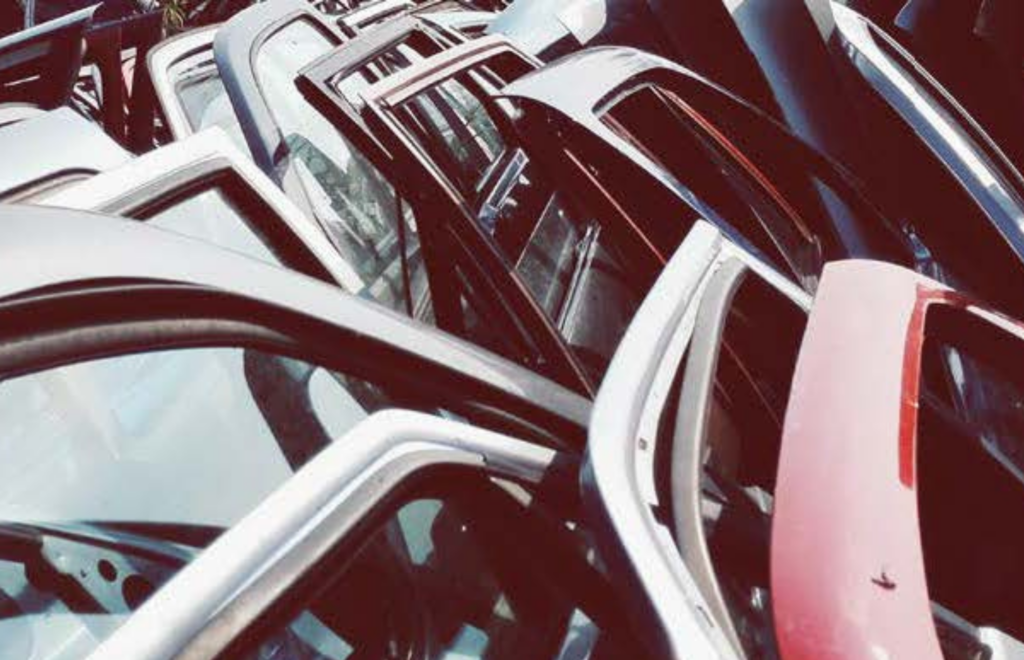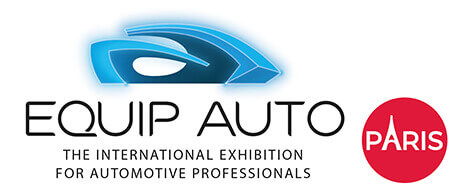Car finance
is today a crucial component in the dynamic of the market for new vehicles, used vehicles, and even the aftermarket.
Two types of financing exist on the market:
• Finance companies belonging to automakerss (such as Mobilize Financial Services (ex-DIAC) for the Renault group, Stellantis Finance & Services, VW Bank for the Volkswagen group),
• Lending specialists that are subsidiaries of banks (e.g.: CGI for Société Générale, Cetelem for BNP Paribas Financial Services).
New vehicles
€ 10,7
billion
Used vehicles
€ 5,8
billion
Financing methods are changing fast
in 2023
Leasing (personal contract purchase – PCP) contracts have the lion’s share of the latest growth on the new car market.
Financing of new cars
* Source: data for last 12 months available, source Association des Sociétés de Financement (ASF)
This is a significant development, which is being replicated slowly but surely on the used vehicle market.
Financing of used vehicle
Average car price up 19% compared with 2018
Financial engineering around the automotive trade is constantly changing, reflecting the profound transformation of the automobile product itself, packed as it is with expensive technologies that have driven prices substantially higher in recent years.
The average price of a new car
€ 36 082 including VAT
1st half of 2024
+36%
since 2018 € 26,590
The average price of an electric car
€ 42 828 including VAT
in 2024
58% more expensive than a petrol engine car € 27,073
To finance this considerable price gap, the aim for carmakers and lenders is to forecast increasingly higher residual values (an RV is the estimated resale price of a new car at the end of its finance agreement). This means that a smaller share of the PCP agreement is financed, lowering the monthly payment. This practice of “inflating” RVs has become commonplace, particularly for electric vehicles, making it harder to sell them as used vehicles (since the residual value at which the professional takes the car back is sometimes higher than the market price of the used vehicle).
In 2024, car dealers were making worrying losses on returns of electric cars at the end of PCP contracts. On the used vehicle market, lenders are still benefiting from the habit among consumers of borrowing to pay for the car (63%) and this proportion is even higher for older models.
Put differently, PCPs are mainly used here for recent used vehicles (under four years of age) whose prices, as discussed above, are substantially higher than before, and therefore require this type of financial engineering. All-make used vehicle traders, with older vehicle parcs, have not experienced this shift in financing methods.
ALSO WORTH NOTING: the total amount of borrowings for the used vehicle market was down during the first ten months of 2024 (-4.6%, source ASF), illustrating that French people buying used vehicles did so more with cash or by making a larger downpayment. The used vehicle market is probably using up a share of French household savings.
The car insurance sector
Car insurance – which is compulsory – allows motorists and companies to use vehicles in France legally and with the adequate protection.
TOTAL INSURANCE PREMIUMS PAID BY PERSONAL CUSTOMERS*
therefore excluding companies
€ 26,2
billion including VAT
+ 5 % in 2024
AVERAGE PREMIUM € 448 including VAT
* Source: France assureurs 2023 (the national insurance federation)
FOR 2025*
+ 5% / +7%
on individual insurance policies
The reason for this is the cost of claims which rose by 7% in 2024 , driven by:
• the ever-higher cost of parts and paint ingredients;
• the cost and impact of climate change;
• a drop in overall car repairability in the longer term.
The latter point is particularly problematic, given the efforts that society and manufacturers are being asked to make in the area of the green transition.
* Source : France assurances et SRA

The online car trading and aftermarket, a model growing in importance
The online new car market
The online new car retail market is experiencing regular growth in developed markets and accounts for:
+10%
of the global auto market
(USA, Europe, Asia)
according to specialists’ estimates, depending on the strategies adopted by carmakers.
This growth is driven by the growing digitalisation of purchasing habits.
Hybrid sales techniques, such as reserving an electric R5 with Renault a year before its official launch, are developing. Brands such as Tesla, Volvo and Hyundai have adopted direct to-consumer (DTC) models using online platforms.
Tesla, in particular, sells all its vehicles online.
Market players like Aramis (France, a Stellantis subsidiary), Carvana, Cazoo (Europe) and Autohero play a key role by offering services matching offer and demand and enabling buyers to pick the options on their new vehicles.
These platforms are gaining market share thanks to “click and collect” or home delivery models.

The online car parts market
The online spare parts market is one of the most dynamic segments of the aftermarket, with high average annual growth both in France and in Europe. The major phenomenon currently is the digitalisation of purchases by consumers, but also by repair shops and companies.
All economic players are massively turning to online platforms for parts, taking advantage of the variety of ranges and competitive prices in Europe, where price corridors have not been effectual in harmonising prices.
Amazon and eBay Motors are big suppliers to the general public. Specialist platforms such as Oscaro (PHE – D’Ieteren group), Mister Auto (Stellantis group), and the German company Autodoc, are the leaders in Europe and have established themselves a yardstick for professionals who are constantly testing the limits of physical spare parts dealers for all their purchases.
In the tyre sector online sales make up*
20%
of the tyre market in France
On the spare parts market, no reliable consolidated data exists in Europe. Online sales have a very obvious impact on the spare parts market:
• Fierce price competition leading to tighter margins,
• Along with recurring problems around counterfeit
• The low quality of certain products.
The confidence and assurance provided by spare parts wholesale partners is an essential factor behind the choice of repair shops, who on the whole continue to buy their parts from these companies, albeit at prices that are slightly higher than those practiced online..
*Source : Syndicat du pneu
Services finance and insurance, e-commerce
1.3 MoDownload



